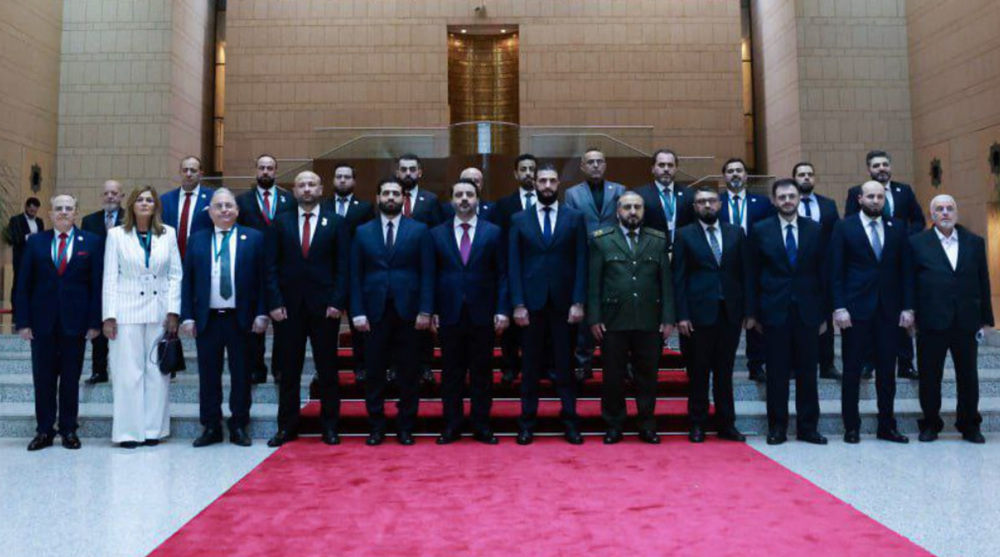Hammond: Delay Brexit for risks to financial stability
British Chancellor Philip Hammond has called for a delay in completing the Brexit process, saying it might otherwise pose “risks to financial stability.”
Hammond said Monday that “an emerging view among businesses, among regulators and among thoughtful politicians” necessitated a transitional deal after Brexit.
A slower process “would tend towards a smoother transition and would run less risks of disruption, including - crucially - risks to financial stability, which must be a very real concern,” he noted.
The issue must be discussed at the start of Brexit negotiations next spring, he told MPs on the Treasury committee in the firmest statement in support of a transitional deal.
“Collectively, I think transitional arrangements would be beneficial to us,” he stated.
Hammond also warned that it would be necessary to hire and train “large numbers of people” to deal with a five-fold increase in border checks, which would cost “hundreds of millions of pounds.”
This comes after a leaked memo showed that Brexit Secretary David Davis had told representatives from the City of London Corporation (CLC) that he was “not really interested' in having a transitional deal with the European Union.
The EU has warned that Britain will have less than 18 months to reach a deal to exit the bloc once Brexit negotiations begin.

British Prime Minister Theresa May (pictured above) has promised to begin the Brexit process in March and complete it by 2019. However, those plans were delayed when the UK High Court required a parliamentary vote for triggering Article 50.
Her spokesman said she was not expecting to negotiate a Brexit deal for longer - something that would be possible only by mutual consent.
"There is a two-year time frame," the spokesman said, noting, "We are not seeking to extend that process."
May has also been under pressure by some politicians to pursue the so-called hard Brexit, which suggests surrendering access to the EU’s single market and scrap free movement of EU nationals in return for securing control over immigration.

Decolonizing UK Education Conference

HTS in Syria says to recognize Israel by end of 2026

UK police question Holocaust survivor for attending pro-Palestine demo
VIDEO | Press TV's news headlines
Euro-Med: At least 94% of those killed in Gaza are civilians
VIDEO | Expo 2025 in Tehran showcases Iran trade, investment opportunities
VIDEO | Fresh US airstrikes target more Yemeni civilians
UN: US strikes in Yemen pose growing risk to civilians
VIDEO | Iran economic diplomacy
Iran mulls buying oil from Azerbaijan amid warming ties: Report
Israeli settlers storm al-Aqsa Mosque amid intensified West Bank raids











 This makes it easy to access the Press TV website
This makes it easy to access the Press TV website